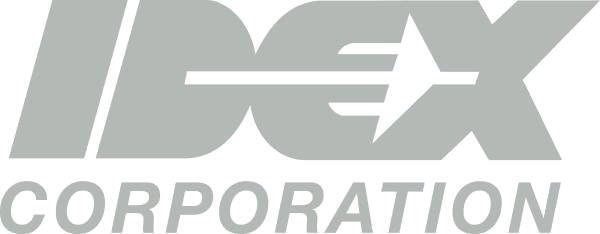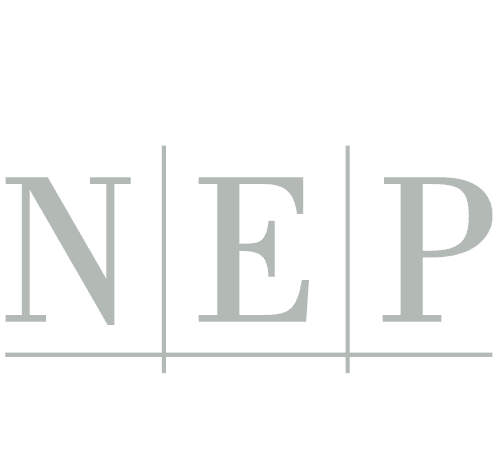
“It’s transformational. When we started with Strategex, we were barely growing. After 80/20, we grew 2 points above our market — I don’t think we’d have taken the same path if we hadn’t embraced the work.”
According to Gary Arakelian, Managing Director with Stevenson & Company in Evanston, Illinois, “High customer concentration is a huge risk, impacting shareholder value in a B2B transaction. Buyers have limited perspective: in the absence of knowing more, they may walk away from a deal, or they’ll mitigate that risk through lower valuations and contingencies.”
The greater challenge in the process ensues with commercial due diligence — specifically, assessing customer relationships. Both the buyer and the seller are often faced with addressing uncertainties. The buyer is concerned that customer relationships may not be secure — certain customers may walk after the deal is closed. The seller worries about potential buyers calling customers and needlessly disrupting customer relationships.
In many B2B deals, the greatest fear among acquirers is customer concentration: the larger the amount of business done with top accounts, the more risk if a top account leaves the supplier. It’s a justifiable concern. One top account lost could mean a significant drop in revenue, and ultimately, deal valuation.
The traditional methods of assessing the strength of customer relationships leave much to be desired. Buyers review contracts (if they exist) to confirm the business is guaranteed for a certain period of time. This sounds like a smart plan, but it is worth little in reality.
According to Gary Arakelian, Managing Director with Stevenson & Company in Evanston, Illinois, “High customer concentration is a huge risk, impacting shareholder value in a B2B transaction. Buyers have limited perspective: in the absence of knowing more, they may walk away from a deal, or they’ll mitigate that risk through lower valuations and contingencies.”
In some cases, the buyer will call customers to perform a “reference check” interview. Let’s be honest: reference checks are filtered. Customers say what you want to hear. They’ll often underplay their concerns in the same way people underplay the negatives when giving feedback on a personal reference check. Simply stated: these types of interviews are not a reliable way to capture true, candid feedback.
The seller faces another set of commercial challenges during the sale process. The seller makes assurances the business is stable: that customers are happy and not actively seeking other alternatives. Of course, the buyer wants to confirm this assertion.
In this case, the last thing any owner wants is a potential buyer disturbing customers. A prospective buyer’s phone calls often signal that change is on the horizon, and this could lead to disruptions — from a future price increase to the loss of a favored sales rep. These concerns unsettle a customer, leading to consideration of another supplier’s offering. Ironically, the buyer could actually heighten the threat of customer loss and increase suspicion by placing calls to the customer.
If the seller is a publicly-traded company, the disruption is potentially even worse because now the seller has disclosure requirements if the buyer insists on contacting customers directly. These disclosures can be troubling regardless of how they’re positioned. Then, if the deal does not go through, the market is aware the business is for sale, which is never good for advancing customer relationships.
There is a simple resolution to this predicament for both parties. Conduct an abbreviated customer satisfaction survey with the target company’s top accounts. Only top accounts need to be interviewed: the ones that make a material difference to projecting profits.
Executing this type of survey is a fairly straightforward process, with the target company announcing the survey to its customers, seeking feedback regarding their performance. Customers are encouraged to be honest and open with their feedback — a legitimate request since it’s a customer satisfaction survey. The surveys are conducted via phone through an independent third party, which accelerates the process, ensures impartiality, and delivers a high participation rate — critical factors when customer concentration is an issue.
The questionnaire is designed to be brief with questions that assess satisfaction, future intent to purchase, top areas needed to improve, etc. There’s no mention that the target is for sale, and the process should be quick from start to finish.
Beyond discovering the security of future revenues, there’s an added incentive to conducting this process. The acquiring company knows what needs to be fixed post-close. While short and simple, the interviews with top accounts will uncover issues needing attention. These concerns will be available immediately and won’t be discovered unexpectedly in the months ahead.
Working through the commercial aspects of the due diligence process doesn’t have to be such an uncomfortable process. Customer concentration, often a very troubling risk, can be addressed with a few thoughtful phone calls. Likewise, for a seller to provide results from a customer survey preemptively can negate the desire for the buyer to conduct discussions with customers. “Conducting customer interviews is a great tool to identify if any real risk exists, and can reveal hidden opportunities to retain, up-sell, and cross-sell among the top-tier accounts. It’s a win-win for both sides,” says Mr. Arakelian.
Alleviate the stress from the customer due diligence process by conducting an abbreviated customer study with top accounts. Your acquisition’s customers will appreciate being asked to provide honest feedback, and you will obtain the knowledge necessary to strengthen and improve those relationships moving forward.

Related Content
How do you know your acquisition target has the secure customer base they claim? You conduct Customer Due Diligence research with Strategex. We've got 30+ years of experience researching and analyzing customers. And, we support $6B in transactions every year.
Our clients love us. Read a few testimonials.

“It’s transformational. When we started with Strategex, we were barely growing. After 80/20, we grew 2 points above our market — I don’t think we’d have taken the same path if we hadn’t embraced the work.”

“When Strategex presented their first data analysis, it was eye-opening. At the end, we saw quantifiable improvements and have a more engaged organization.”

“Good customer due diligence allows us to leverage some of the positive aspects of a company while surfacing competitive risks and exposures at the same time. We rely heavily on the Net Promoter Score which influences how we think about the potential for future market share gains and losses.”

“Strategex provides us with a mechanism to help us understand where our companies are with their customer relationships, where they can improve them, and a mechanism to help improve them. Strategex takes the risk out of the equation.”

“Our Management team really values that work and the end report, more so than the quality-of-earnings report and some of the other financial analysis.”


Your M&A Transaction Might Fail. Here’s Why.

Your M&A Transaction Might Fail. Here’s Why.

Buy High, Sell Higher

Buy High, Sell Higher

How a Private Equity Firm Saved an Easy $6M

How a Private Equity Firm Saved an Easy $6M
Contact us to see how we can help your business today.
Never miss a beat. Get our latest insights in your inbox.